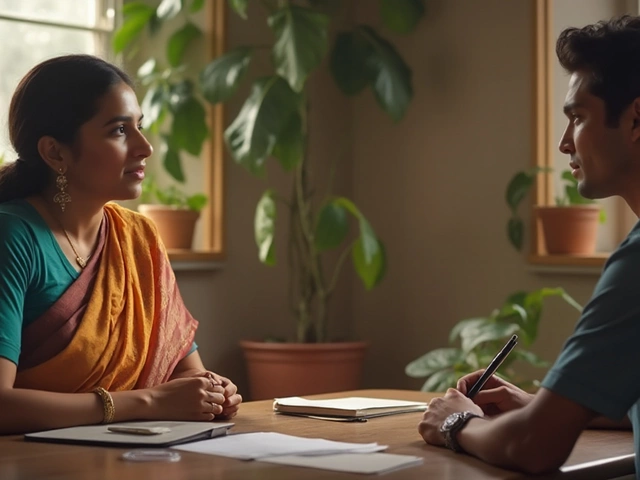Cross‑Border Healthcare: A Practical Guide for Indian Patients
Thinking about getting treated in another country? You’re not alone. More Indians are looking abroad for surgeries, specialist consultations, and faster access to new drugs. It can save money, cut waiting times, or give you a treatment that isn’t available at home. But jumping on a plane without a plan can turn a hopeful trip into a nightmare.
Why Consider Treatment Outside India?
First, the cost factor. Some procedures that run into lakhs in Indian private hospitals cost a fraction in neighboring countries like Thailand or Malaysia. Second, the waiting list. Certain surgeries, like advanced orthopedics or fertility treatments, have long queues in India’s top centers. Going abroad can mean getting into the operating room weeks instead of months. Third, the technology gap. Some hospitals overseas have newer equipment or drugs that are still under approval in India. If you need a cutting‑edge therapy, looking abroad might be the only option.
How to Pick a Safe Hospital Abroad
Start with accreditation. Look for JCI, NABH, or ISO certifications – they show the hospital follows international safety standards. Next, check the doctor’s credentials. A quick search on the doctor’s name plus "publications" or "clinical trials" can reveal if they’re truly experienced. Read patient reviews on independent forums, not just the hospital’s website. Finally, verify the facility’s success rates for the specific procedure you need. If they can’t share numbers, treat that as a red flag.
Don’t forget to sort out paperwork before you book a ticket. Most countries require a medical visa, which often needs proof of a confirmed appointment and a clear diagnosis. Keep a copy of your Indian medical records, lab reports, and any imaging files. Having a translated version in English (or the local language) speeds up the approval process and helps the foreign doctor understand your case quickly.
Insurance is another big piece of the puzzle. Some Indian health policies cover a portion of overseas treatment, but you’ll usually need a rider that specifically mentions medical tourism. If your insurer can’t help, look for international health insurance that covers hospitalization, repatriation, and follow‑up care. Read the fine print: does it cover pre‑existing conditions? How long is the claim settlement period?
Cost transparency is key. Ask the hospital for a detailed invoice that breaks down surgeon fees, anesthesia, room charges, meds, and after‑care. Beware of hidden costs like private ambulance transfers, interpreter fees, or extra lab tests. A good rule of thumb is to compare the total package price with at least two other hospitals in the same country – competition usually pushes prices down and quality up.
Plan for post‑treatment follow‑up. Some procedures need weeks of physiotherapy or regular check‑ups. See if the foreign hospital has tie‑ups with Indian clinics for remote monitoring or if you’ll need to travel back for every appointment. Tele‑medicine options are growing, and many reputable centers now offer video consultations for post‑op care.
Finally, think about the logistics of your stay. Choose accommodation close to the hospital to avoid long commutes, especially if you’re in recovery. Look for hotels that offer kitchenettes if you have dietary restrictions. And always have a local emergency contact – a friend, a travel agency, or the embassy – who can step in if something goes wrong.
Cross‑border healthcare can be a smart move when you do your homework. Focus on accreditation, doctor expertise, clear pricing, and solid insurance. With the right preparation, you’ll turn a stressful medical journey into a smoother, more affordable experience. Safe travels and speedy recovery!

Is Going to Mexico for Surgery Safe? What You Need to Know
Thinking about heading to Mexico for surgery? This article digs into how safe that choice really is, why so many people are doing it, and what risks you should know about. Get concrete safety tips, true stories from patients, and practical pointers for researching clinics and doctors. We’ll talk about hidden costs, language barriers, and ways to spot red flags. By the end, you’ll have tools to make a decision that actually feels safe for you and your health.

What Medications Can Online Doctors Prescribe?
Mar, 1 2025

How Rare Is It to Survive Open Heart Surgery?
May, 11 2025


